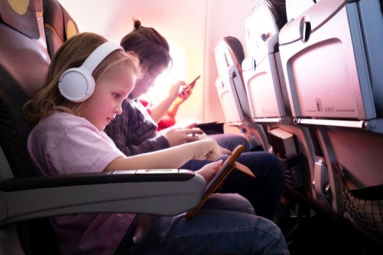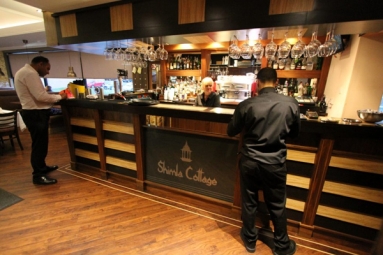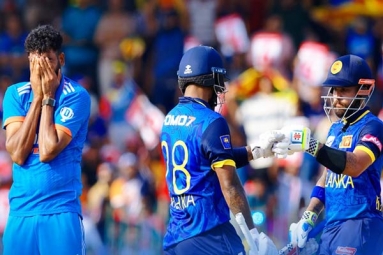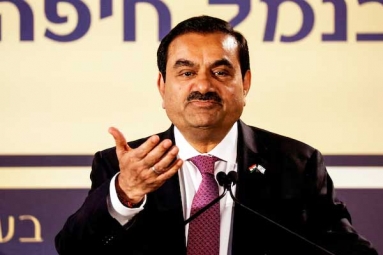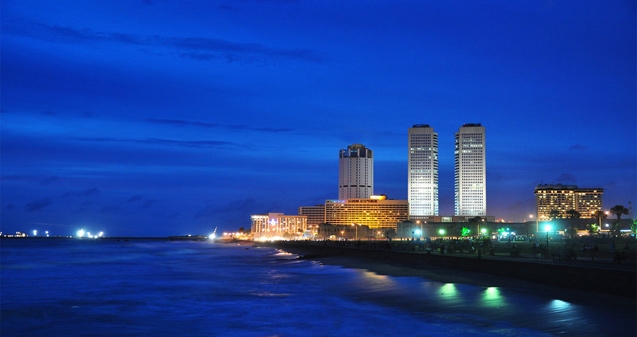
Sri Lanka approved two investments worth around a billion dollars in giant foreign-funded casinos in the capital Colombo on Thursday, including one involving Australian gambling mogul James Packer.
Government spokesman Keheliya Rambukwella said the cabinet granted the projects a partial 10-year tax holiday and approved the "mixed developments", a euphemism for casino hotels.
A Sri Lankan company set up to build a $350-million resort with investments by Packer was given a prime lake-front property in the capital three months ago while the second casino will be built nearby by local firm John Keells Holdings.
"Both the mixed developments will receive a 10-year tax holiday for their hotel part of the operation," Rambukwella told reporters. "The gaming part of the operation is not covered by the tax holiday."
Sri Lanka is banking on high-end casinos to attract high-rollers and boost tourist arrivals to 2.5 million by 2016 from the current level of about a million tourists a year.
The tourism industry on the Indian Ocean island, famed for its beaches and wildlife, has boomed in the last four years after the end of a decades-long civil war in which more than 100,00 people died.
The John Keells investment will be $650 million on a property already owned by the company, but it could rise to $850 million, according to the company.
Lake Leisure, a group involving Packer's Crown group, is expected to build a 400-room luxury hotel along with a casino.
Since his father Kerry's death in 2005, Packer has moved the family business away from its traditional media operations and focused on creating Crown, a worldwide gambling empire.
Asian high-rollers, particularly the growing ranks of wealthy Chinese, are said to be his target.
Casinos and horse-racing bookies have been operating in Sri Lanka for decades, exploiting loopholes in the law to evade a ban on gambling which was lifted only in 2010.
The main opposition United National Party has objected to the new casino operations saying that there would be no gain for the country because of the tax holiday.
Official documents seen by AFP showed that both companies will enjoy a reduced tax rate after their tax holiday ends after 10 years. The two companies will pay half of what similar businesses would be charged for the next 15 years.




